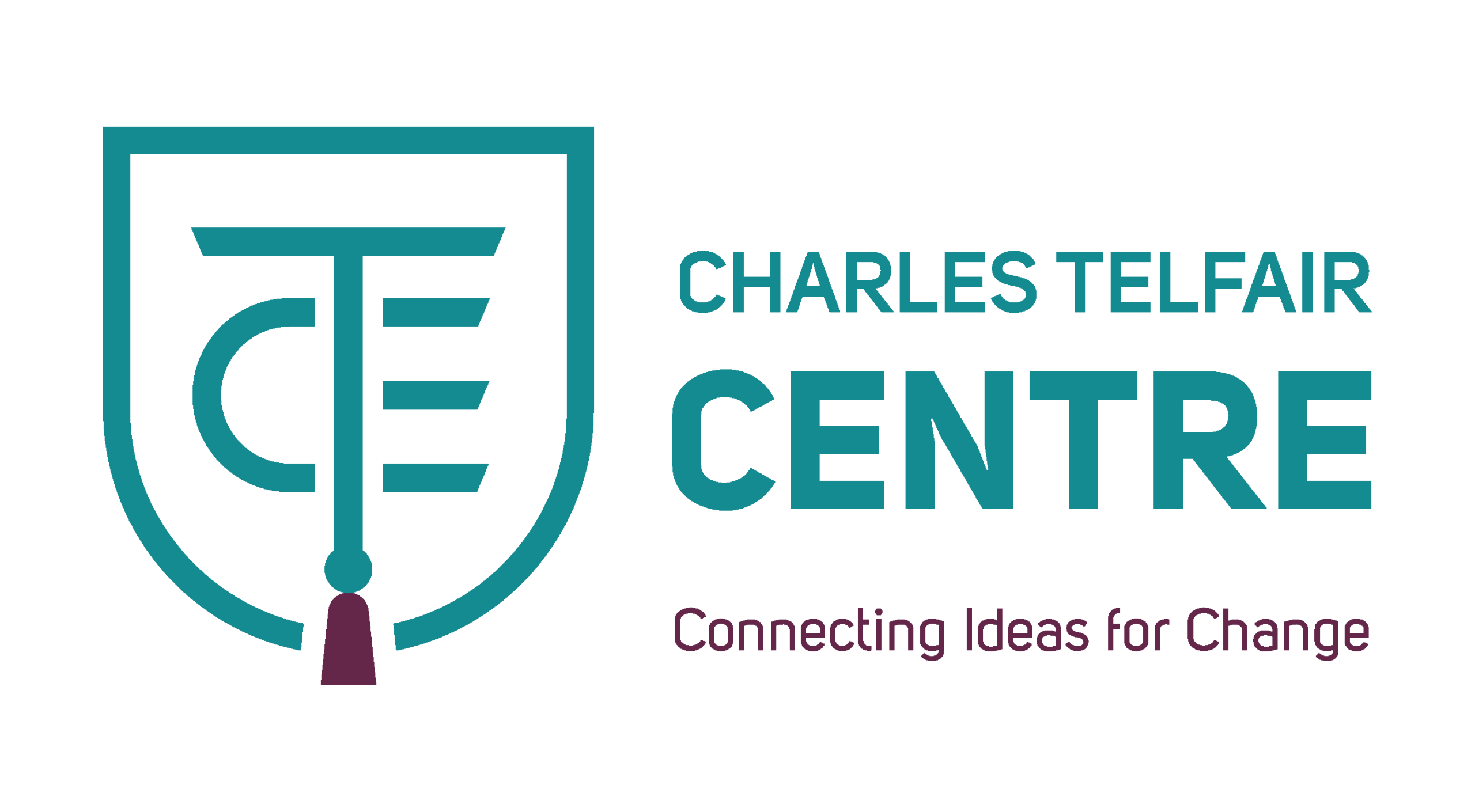CHARLES TELFAIR CENTRE BLOG PAPER SERIES 2023
Towards an innovative, sustainable and inclusive future in the Western Indian Ocean Region
Background
The Centre publishes data and evidence on topics relevant to Mauritius and the region’s development prospects.
We welcome contributions from researchers and practitioners (including private sector, NGO and government).
We encourage researchers (including doctoral students) to delve into their current research work and publications and share their key findings on topics relevant to the series: the principle being to translate scientific findings into an accessible language for all relevant stakeholders in Mauritius and the region. This can be summaries of previously or currently being published work. We are particularly interested in applied research from which specific recommendations can be derived.
We encourage practitioners to analyse their own realities and practices and share insights into the issues and solutions that have been uncovered, explored, or implemented in their respective activities/practices.
Towards an innovative, sustainable and inclusive future in the Western Indian Ocean Region (WIOR)
As countries grapple with one of the most severe global recession of modern history, the Western Indian Ocean Region finds itself in a context of tremendous development challenges but also one of great opportunities. The current crisis has been a trigger for more assertive voices calling for a paradigm shift. There is a rising consensus on the needs for countries to build and contribute to a world that is durable, resilient, and fair. A return to ‘business as usual’ with environmentally destructive and socially divisive economic activities is put into question as the planet is getting closer to a point of no-return.
Within that context, the region finds itself with the triple challenge of building back economies that are sustainable, fair and innovative within a rapidly evolving regional and global context and high vulnerability to climate change. Global environmental crises such as climate change and biodiversity loss could cause social and economic damages far beyond those caused by COVID-19. As such, recovery will require more than getting economies and livelihoods back to previous levels. Recovery policies will need to encompass innovative investments, behavioural changes and more human centred development models more likely to reduce future shocks and increase resilience. As highlighted by the OECD, central to this approach is a focus on well-being and inclusiveness.
To address Mauritius’ and the region’s challenge in building an innovative, sustainable and inclusive future for the WIOR, our paper series for 2023 accept papers within our four core themes:
Inclusive Growth and Development
-
- Decent Work and Social Inclusion
- Food Security and Resilience
- Managing Risks for Post-Covid-19 Recovery
- The sustainability of the current welfare state model in Mauritius
- Social protection and social policy
- Current land use/development policy in Mauritius
- Green economy potential as a new pillar for Mauritius
- Governance and regulatory environment
- Building export competitiveness and diversification
- Addressing rising debt, depletion of foreign exchange earnings and the rupee currency depreciation
- Fostering MSMEs’ development and recovery
- Developing circular economy solutions (local, regional)
- Firm lobbying and influence: friend or foe of sustainable development?
Climate Change and the region
-
- Policies for meeting long-term emission reduction goals
- Building resilience to climate impact (including poverty incidence of climate change and related shocks)
- Slowing and reversing biodiversity loss
- Transitioning to sustainable mobility systems
- Food crisis and resilience
- Renewable energy
- Biodiversity management challenges
Indian Ocean Management and Sustainable Development
-
- Ocean governance and security
- Emerging and unexploited ocean economic activities: potential, constraints and policy policies
- Blue finance frameworks and innovative instruments for ocean financing
- Public Private partnerships initiatives for the development of ocean related activities/protection
- The place of Mauritius in Indian Ocean geopolitics
- The state of port connectivity of Mauritius and its capacity to sustain development
- Ocean management and coastal communities
- Political economy of the Indian Ocean (e.g.: marine security, geopolitics of ocean influence, territorial sovereignty, regional collaboration)
- Marine debris management and technology
- Ocean conservation, development, and governance for achieving SDGs
- Implementation of effective and integrated coastal management for ocean preservation
- Sustainable development, legal and institutional approaches to the management of blue economy sectors, including fisheries, aquaculture, and ocean and coastal tourism
- New and sustainable marine related energy generation
Innovation and Digital Transformation
-
- Disruptive Technologies within key sectors/activities: Tourism, Manufacture, Agriculture, Finance, Construction, Transport & Supply Chain, Management systems etc.
- Data, Big Data and Machine Learning
- Digitalisation and impact on companies’ internationalisation process
- Digital innovation trends and impact in Mauritius and the region
- Digital disruption and the future of work in Mauritius and the region
- Central Bank Digital Currency, blessing or curse?
- The Metaverse opportunity for small insular states
- The Revolution of Digital Payment Systems and impact of inclusive finance
- Data security in Mauritius and the Indian ocean
We support inquiry using diverse kinds of evidence, relying on a variety of methodological approaches (including comparative case studies) and cutting across academic disciplines, as well as practitioners’ projects insofar as they are in line with our editorial guidelines.
Abstract/Pitch submissions for the second-round of 2023 publications will need to reach us by 30th May 2023. You will need to submit:
-
- A small biography of 200 words
- An abstract/pitch not exceeding 300 words summarising the research questions and key findings.
We invite contributors to read our editorial guidelines, for more information.
Proposals and enquiries should be sent to ctcentre@telfair.ac.mu
Main photo by Xavier Coiffic on Unsplash.
Charles Telfair Centre is an independent nonpartisan not for profit organisation and does not take specific positions. All views, positions, and conclusions expressed in our publications are solely those of the author(s).

